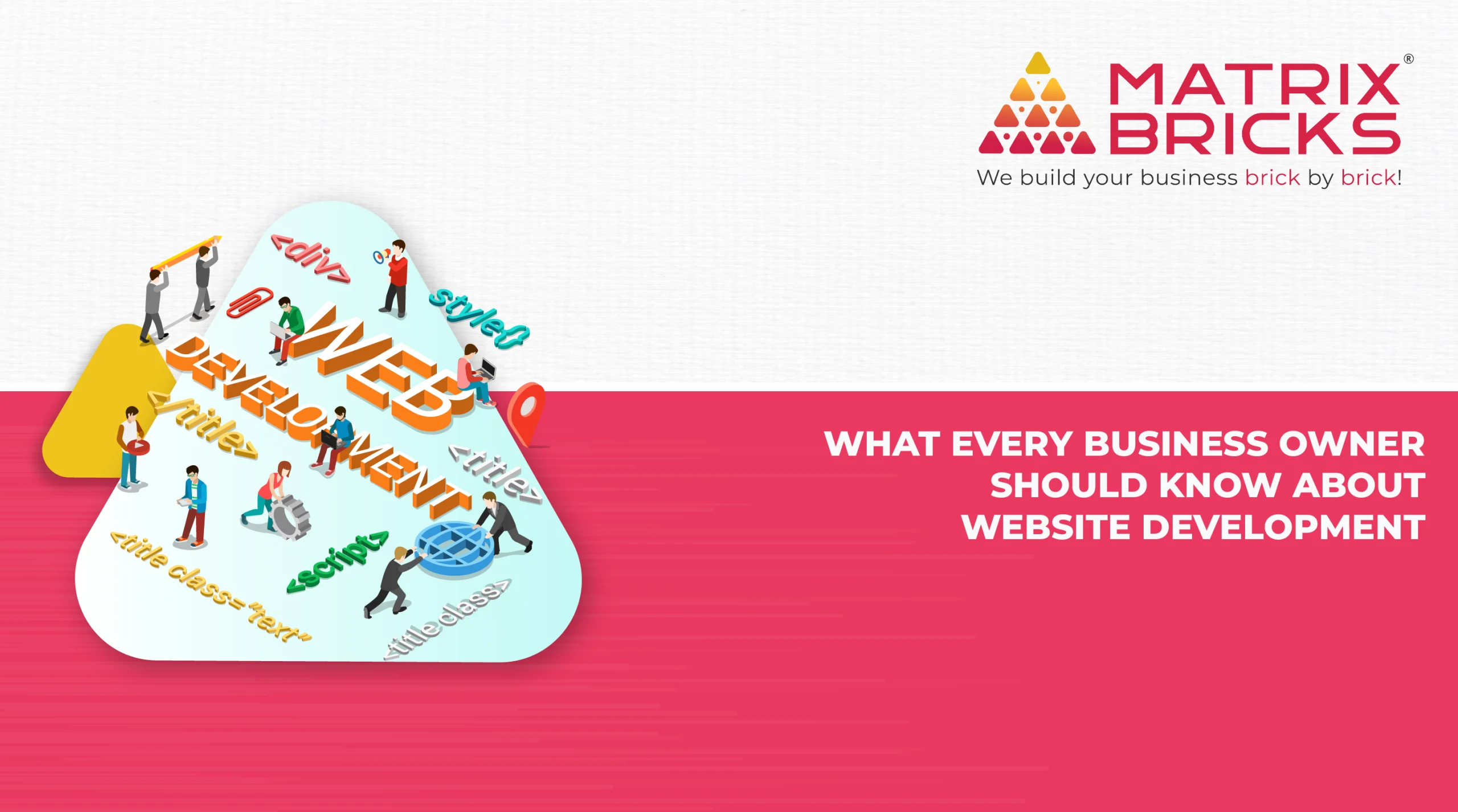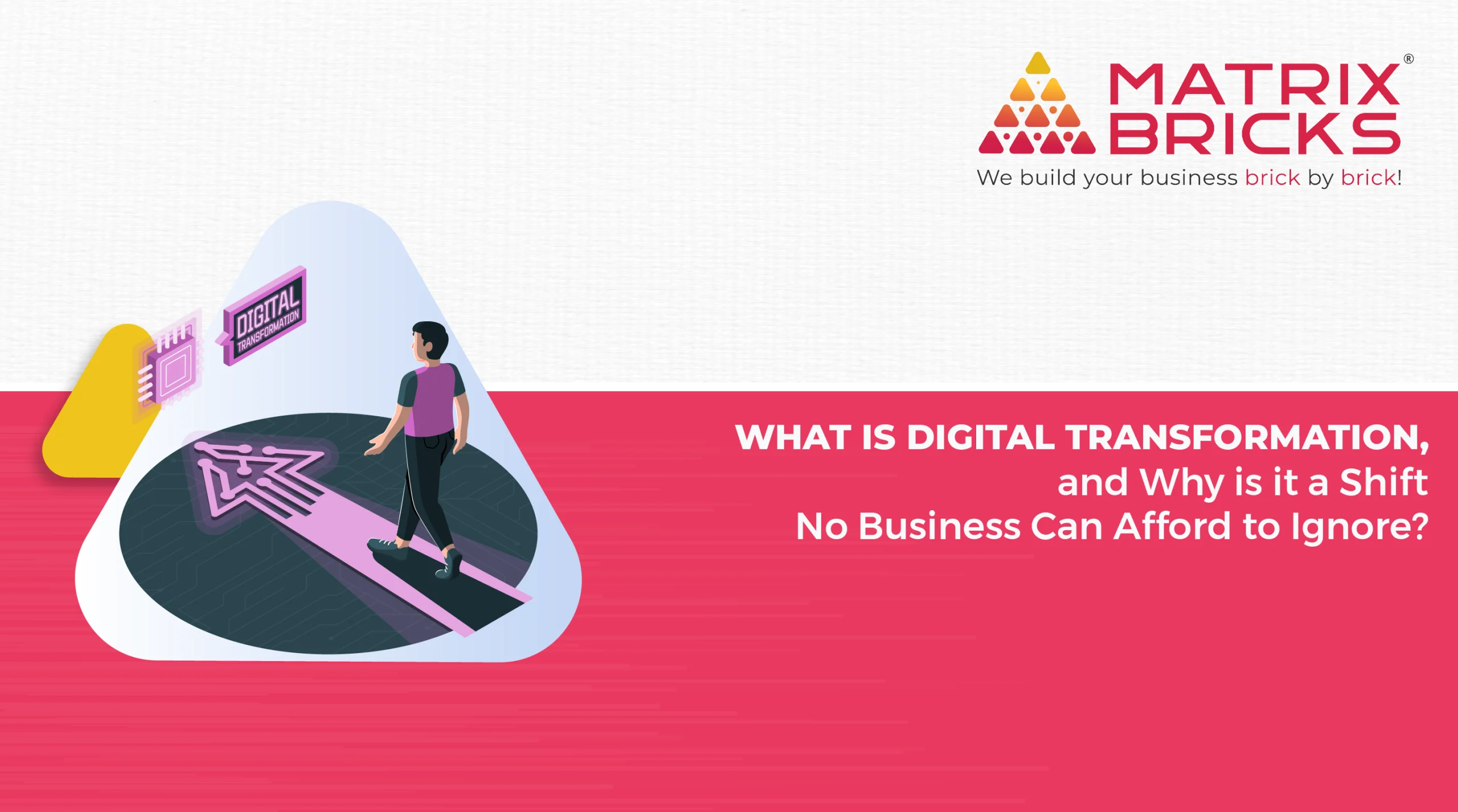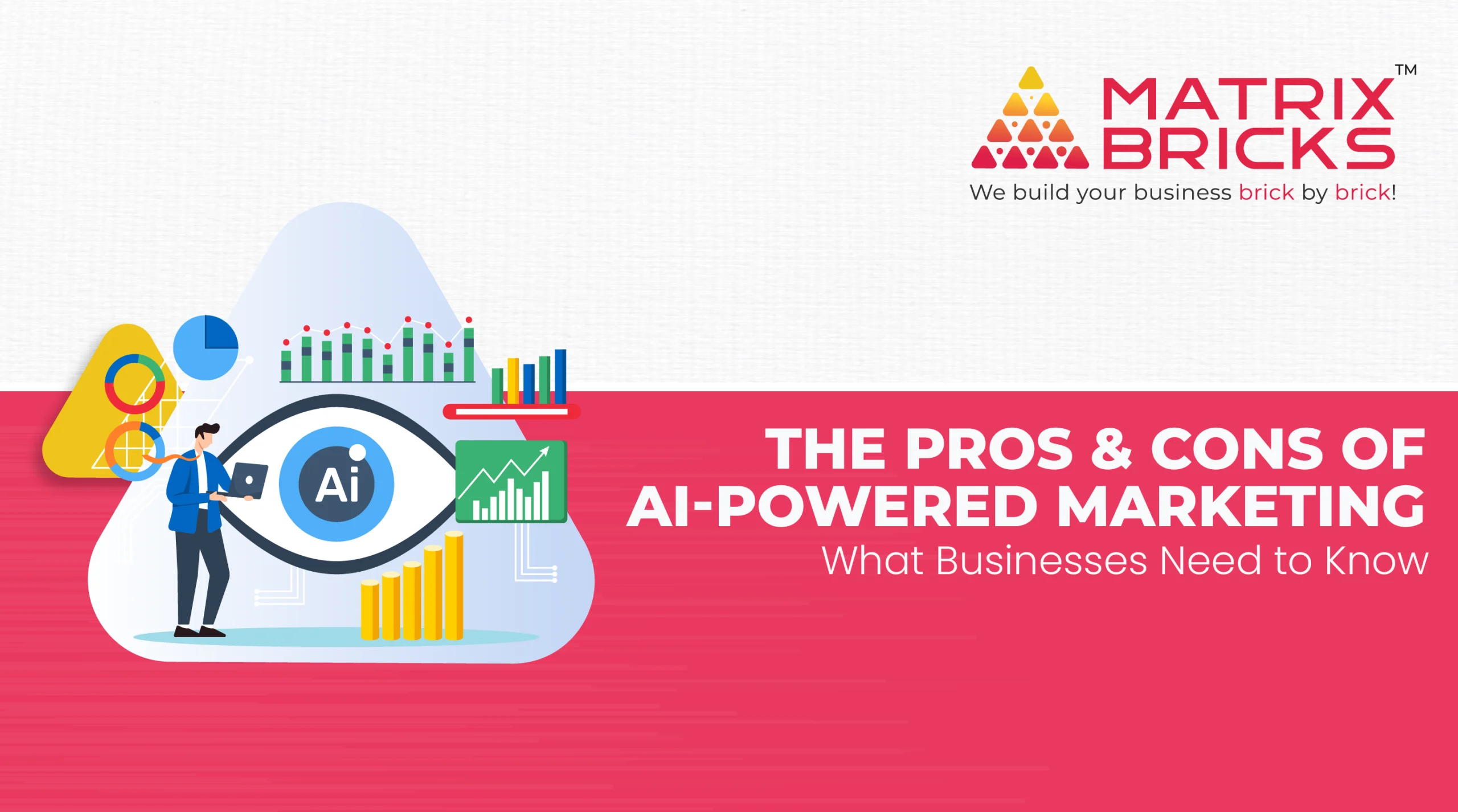
In the world of digital marketing, email remains one of the most powerful and effective communication channels. Email marketing allows businesses to connect with their audience directly, build relationships, and drive conversions. However, managing email campaigns can be time-consuming and challenging, especially as the audience grows. This is where the power of Artificial Intelligence (AI) comes into play. By harnessing AI technologies, businesses can automate and streamline their email marketing efforts, leading to higher returns on investment (ROI) and more engaging customer experiences.

The Role of AI in Email Marketing
AI is transforming the way marketers approach email campaigns by offering intelligent automation, data-driven insights, and personalization at scale. Here are some key aspects of AI in email marketing:
Personalized Email Content:
One-size-fits-all email marketing is a thing of the past. With AI, businesses can create personalized email content that speaks directly to the recipient’s interests and preferences. AI algorithms analyze data from past interactions, purchase history, and website behavior to tailor email content. Personalization fosters a stronger connection with the audience, leading to higher engagement rates and increased customer loyalty.
Optimal Timing and Segmentation:
Sending emails at the right time can significantly impact their effectiveness. AI-driven email marketing tools can analyze the best times to send emails based on each recipient’s time zone and historical engagement patterns. Additionally, AI helps segment the audience into different groups based on demographics, behavior, or preferences. Segmentation allows marketers to send targeted messages, ensuring that each recipient receives content relevant to their interests.
Automated Email Sequences:
Email automation is a game-changer for marketers. AI-powered automation enables businesses to set up email sequences that are triggered by specific actions or behaviors. For example, when a user signs up for a newsletter, an automated welcome series can be initiated. These automated workflows nurture leads, guide customers through the sales funnel, and re-engage inactive subscribers.
Smart Subject Lines and A/B Testing:
The subject line is the first impression a recipient has of an email. AI can analyze subject line performance data and suggest smart subject lines that are more likely to grab attention. Moreover, AI-powered A/B testing allows marketers to test different subject lines, email content, and calls-to-action to identify the most effective approach. This data-driven testing ensures that email campaigns are optimized for better performance.
Data-Driven Analytics:
AI-driven analytics provide marketers with valuable insights into the performance of their email campaigns. Marketers can track open rates, click-through rates, conversion rates, and other key metrics. AI analyzes this data and provides actionable recommendations to improve campaign performance. By leveraging data-driven insights, marketers can refine their strategies and achieve higher ROI.
Benefits of AI in Email Marketing
- Time and Resource Savings: By automating repetitive tasks and processes, AI frees up marketers’ time, allowing them to focus on strategy and creativity.
- Enhanced Personalization: AI enables hyper-personalization, which leads to more relevant and engaging email content for recipients.
- Improved Customer Experience: Automated and timely email sequences ensure that customers receive relevant content at the right moments, enhancing the overall customer experience.
- Higher Engagement and Conversions: Personalized content, optimized subject lines, and timely delivery lead to higher engagement rates and increased conversions.
- Data-Driven Decision Making: AI-driven analytics provide valuable insights, enabling marketers to make data-driven decisions and refine their email marketing strategies.
The Future of AI in Email Marketing
As AI technology continues to advance, the future of email marketing holds immense potential. Here are some possibilities:
- Advanced Personalization: AI will further refine personalized content, catering to individual preferences and context.
- Predictive Analytics: AI will predict user behavior, allowing marketers to proactively engage customers based on their future actions.
- Real-time Personalization: AI will enable real-time content personalization, adapting email content dynamically based on user interactions.
- Interactive Emails: AI will power interactive email experiences, allowing recipients to engage with content directly within the email.

Conclusion
AI is transforming email marketing, empowering businesses to automate campaigns, deliver personalized content, and achieve higher ROI. By embracing AI-driven tools and strategies, marketers can optimize their email marketing efforts, connect with their audience on a deeper level, and build lasting relationships. As AI technology continues to evolve, businesses that stay at the forefront of this transformative wave will enjoy a competitive advantage in the dynamic world of digital marketing.





